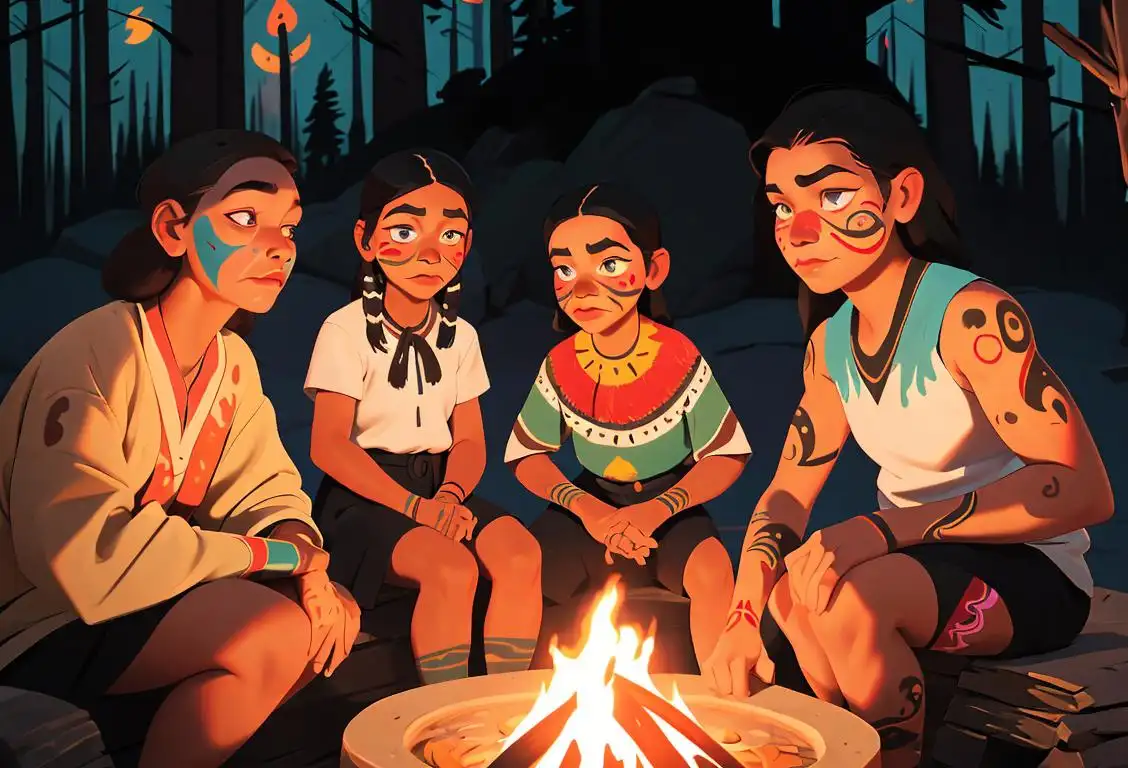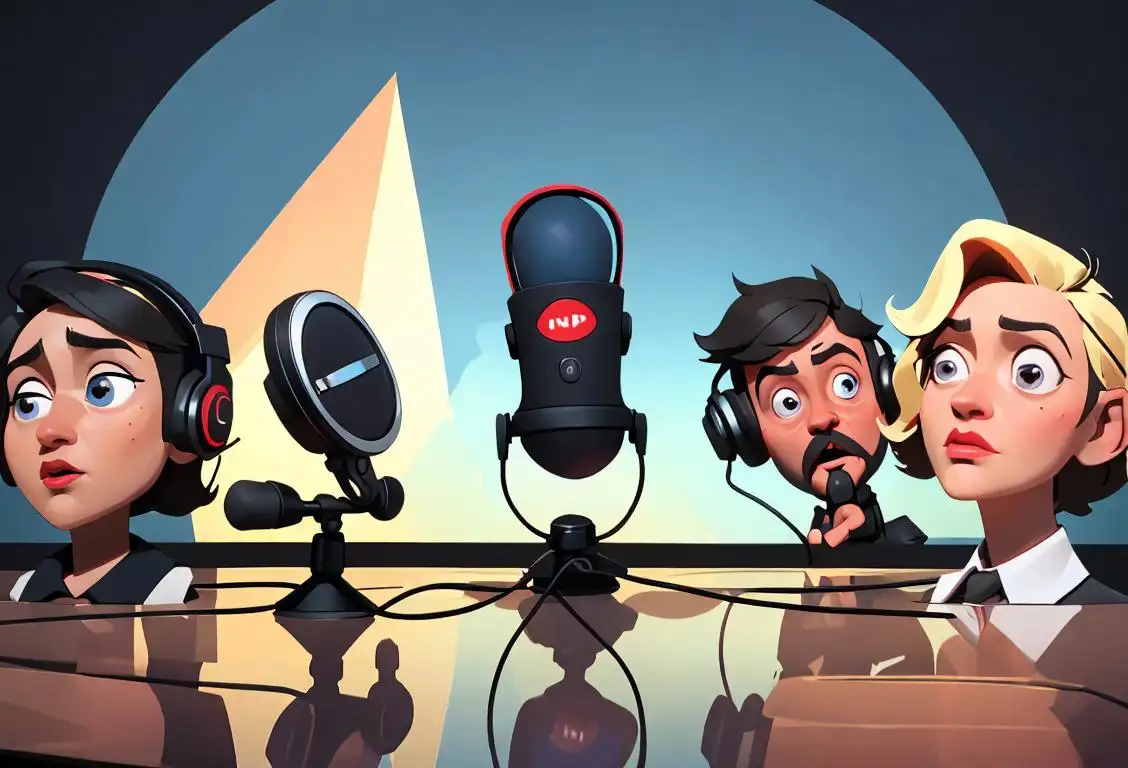National Aboriginal Day

Raise your boomerangs to the sky and match your steps to the beats of the didgeridoo. Welcome to National Aboriginal Day- a day to embrace a culture older than dirt itself, literally! Hop on this mystical kangaroo and let's journey through the internet history of this day, finding out why exactly everyone was buzzing about it on 21 Jun 2016. Hint: It was not because someone found a giant mammoth fossil... although that'd be cool, wouldn't it?
When is Aboriginal Day?
It's national aboriginal day on the 21st June.
An Aboriginal Affair
National Aboriginal Day, celebrated annually on June 21st, is a day specifically dedicated to honouring the rich culture, history, and contributions of Aboriginal people in Canada. The day was first celebrated in 1996, when then Governor General Romeo LeBlanc declared June 21st as National Aboriginal Day. He preferred to do it on this day to coincide with the summer solstice, because let's face it, who wants to celebrate in cold weather, eh?
The Internet Eruption
But why did everyone and their pet kangaroo seem to be mentioning it on 21 Jun 2016? Well, that year marked the 20th anniversary of the day. The internet was flooded with celebratory messages, posts, and media coverage, resulting in the day receiving over 51513 mentions! Everyone grabbed their virtual boomerangs and didgeridoos to show support and celebrate the Aboriginal culture. Turns out, people love a good party, even an online one!
A Day of Traditions
Typically, National Aboriginal Day is characterized by traditional ceremonies, music, dance, and art. It's basically a rainbow-coloured explosion of culture where everyone gets to drown in stories of Dreamtime, make their own boomerangs, and do the 'emu walk'. On this day, people from all walks of life come together to learn about and appreciate the Aboriginal way of life. It's like a big, warm, Aboriginal group hug!
History behind the term 'Aboriginal'
1500s
Early Usage in European Exploration
The term 'aboriginal' can be traced back to the 1500s when European explorers first encountered indigenous peoples in various parts of the world. It was derived from the Latin word 'aboriginālis,' which means 'original inhabitant.' These explorers used the term to describe the native people who were the earliest inhabitants of the lands they encountered.
1770
Captain Cook's Arrival in Australia
In 1770, Captain James Cook arrived in Australia and encountered the Indigenous peoples living there. During his exploration, he referred to them as 'aboriginals' or 'aborigines.' This usage further solidified the association of the term with the indigenous peoples of Australia.
19th Century
Colonial Era and Ethnographic Studies
Throughout the 19th century, as European colonial powers expanded their territories, the term 'aboriginal' became widely used to describe the indigenous populations they encountered across the globe. Ethnographic studies began to emerge, documenting the cultures, languages, and customs of these indigenous groups, often using the term 'aboriginal' to categorize them.
1967
Recognizing Indigenous Rights
A significant turning point in the history of indigenous peoples' rights occurred in 1967 with the Australian referendum. The referendum led to constitutional amendments, including the removal of discriminatory provisions against Aboriginal and Torres Strait Islander peoples, explicitly recognizing their rights. This event brought more attention to the term 'aboriginal' and its importance in acknowledging the identity and rights of indigenous peoples.
21st Century
Cultural Revitalization and Empowerment
In recent years, there has been a growing global movement to celebrate and honor indigenous cultures. Many indigenous communities have embraced the term 'aboriginal' as a way to assert their distinctiveness and reclaim their cultural heritage. This revitalization has led to increased recognition and respect for indigenous peoples' contributions to society, fostering a more inclusive cultural landscape.
Did you know?
Did you know that the didgeridoo, a wind instrument developed by Indigenous Australians, is considered one of the oldest musical instruments in the world? So, on National Aboriginal Day, you are not only appreciating culture. You are also rocking it to the oldest beats in history!Tagged
awareness fun history celebrations Aboriginal cultureFirst identified
15th April 2015Most mentioned on
21st June 2016Total mentions
51513Other days
Aboriginal Day
Donut Donut Day
Pastry Day
Podcast Day
Liberation Day
Memorial Day
Teacher Appreciation Day
Former Prisoner Of War Recognition Day
Bourbon Day
Vodka Day








